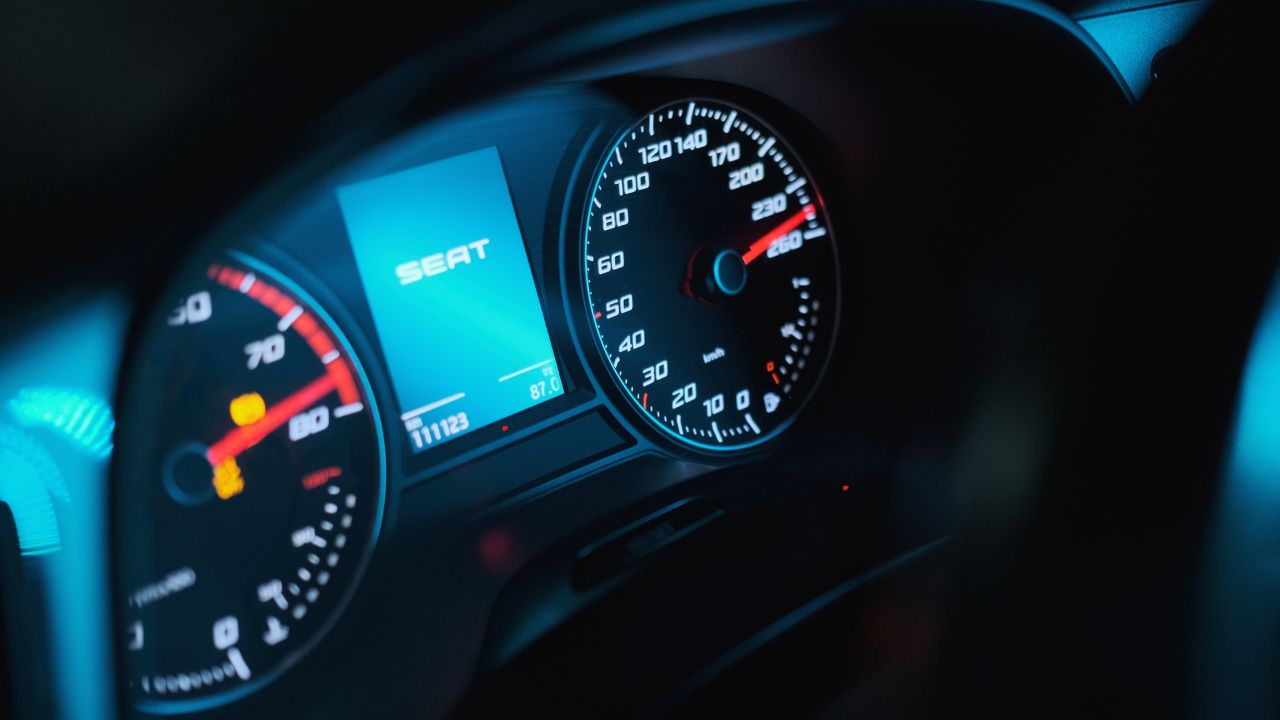Navigating the used car market in California can be a financially savvy move, but potential buyers must remain vigilant against hidden risks. One of the most deceptive and costly scams affecting car buyers is odometer fraud. While technology and regulatory efforts have made it harder for fraudsters to manipulate a vehicle’s mileage, it remains a significant problem that can lead to expensive repairs and reduced resale value.

Fortunately, tools like a California license plate lookup provide a simple and effective way to uncover red flags before purchasing a used car. Here’s how this tool can help protect you from odometer fraud and how to use it alongside other resources to verify a car’s mileage authenticity.
The Hidden Cost of Odometer Fraud in California
Odometer fraud occurs when a vehicle’s mileage reading is illegally tampered with to show fewer miles than it has actually traveled. This deceitful practice inflates the value of the car, often by thousands of dollars, and leaves buyers unknowingly overpaying for a vehicle that may have significant wear and tear.
California’s large market for used vehicles makes it a hotbed for odometer fraud. Buyers eager for a deal often overlook signs of tampering, leaving them vulnerable to future maintenance headaches. For example, a car with rolled-back mileage may have a prematurely failing transmission or worn brakes that weren’t evident during the sale.
In addition to financial losses, odometer fraud can also impact safety. High-mileage vehicles often have older, worn components that can increase the risk of accidents if not addressed promptly. As a result, California car buyers need to be vigilant and informed when evaluating used cars.
How a License Plate Lookup Helps Identify Mileage Discrepancies
One of the most effective ways to detect odometer fraud is by using a license plate lookup tool. This online resource allows you to access a vehicle’s history report by entering its license plate number. The report provides detailed information about the car, including:
- Mileage records from past inspections and sales: These entries help you track the car’s mileage history over time. Any unusual drops or inconsistencies in the mileage can indicate tampering.
- Title and ownership history: Frequent title changes or registrations in different states could signal attempts to conceal fraudulent activity.
- Accident and repair history: A car with a significant accident history but low mileage might raise suspicion.
Performing a license plate lookup California buyers can rely on gives you peace of mind by uncovering discrepancies that aren’t immediately obvious during a physical inspection or test drive.
Start protecting yourself with our California License Plate Number Lookup to gain access to this critical data before making your next purchase.
Additional Ways to Verify Mileage Authenticity
While a license plate lookup is a powerful tool, it shouldn’t be the only step you take to verify a car’s mileage. Here are additional methods to ensure you’re not falling victim to odometer fraud:
1. Check the Vehicle History Report
In addition to using a license plate lookup, request a comprehensive vehicle history report through trusted providers like CARFAX or VinCheck.info. These reports often compile mileage readings from multiple sources, including auctions, insurance claims, and service records.
2. Inspect Maintenance Records
Ask the seller for the car’s service records, and compare them with the mileage shown on the odometer. Most reputable mechanics note mileage during service visits, which can give you another layer of verification. Be wary if the seller is unwilling or unable to provide these records.
3. Visit the California DMV
The California Department of Motor Vehicles (DMV) can be an excellent resource for verifying mileage authenticity. The DMV keeps records of reported odometer readings during title transfers and smog checks. You can request a vehicle record through the DMV’s online portal or in person at a local branch.
4. Look for Signs of Tampering
If you’re inspecting the car in person, pay attention to the condition of the odometer and dashboard. Scratches or misaligned numbers on a mechanical odometer could indicate tampering. In digital odometers, a blank or flickering display might signal an attempt to alter the reading electronically.
5. Trust Your Instincts
If a deal seems too good to be true or the seller is hesitant to share details about the vehicle’s history, proceed with caution. Trustworthy sellers will be transparent about the car’s condition and history.
The Importance of Due Diligence When Buying a Used Car
Buying a used car in California requires careful research and vigilance. By using tools to lookup up license plate number in order to verify mileage authenticity, you can significantly reduce your risk of being scammed. Not only will this help you avoid financial losses, but it also ensures you’re driving a safe and reliable vehicle.
For California buyers, it’s particularly important to perform a thorough check before purchasing. The state’s diverse market includes vehicles from various regions, some of which may have histories of odometer fraud. Even cars from out of state can easily enter California, making it vital to perform your due diligence no matter where the vehicle originated.
Your Next Step: Protect Yourself with a License Plate Lookup
When it comes to buying a used car, knowledge is your best defense. A simple license plate lookup can reveal critical details about a vehicle’s history, helping you spot odometer fraud and make an informed decision.
Perform a free license plate lookup for vehicles across the U.S. and start your search with confidence today. Protecting yourself from odometer fraud has never been easier.